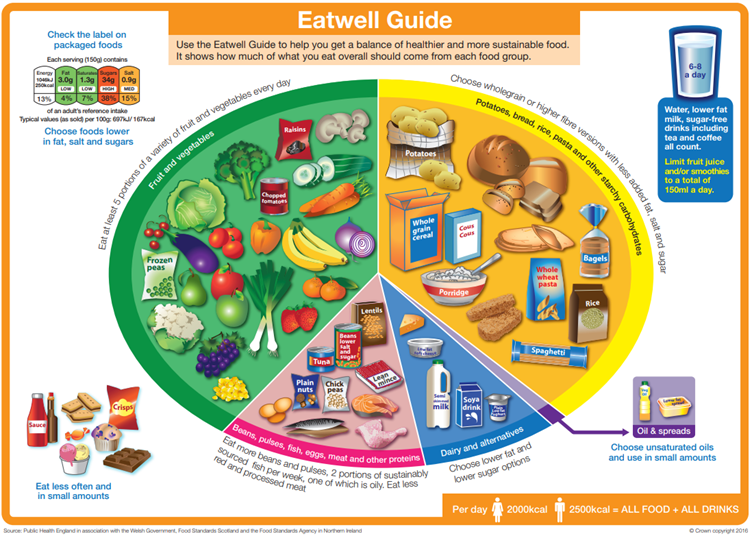3 Ways to reduce your consumption of ultra processed food

This is a 5 minute read. If you want to skip to the three ideas, scroll to the bottom.
56.8% of the UK diet is made up of ultra processed foods. This means that over half of the food the average person is eating, is food that you wouldn’t be able to recreate in your own kitchen.
What is ultra-processed food?
Ultra processed food (UPF) is typically made with artificial additives and preservatives – ingredients you wouldn’t find in your cupboard. Plus, they are generally high in salt, sugar and low in fibre and other nutrients.
These foods are manufactured to be convenient, cheap and highly profitable for the companies that make them. This is a big part of the problem, the modern food environment is highly commercialised, and the general population are so burned out that we've lost touch with our ancestral cooking skills.
The reason we are concerned about ultra-processed food
There’s growing pool of research linking these foods with disease. The recent study that hit the press links UPFs with high blood pressure in women, meaning we're more likely to be at risk of heart attack and stroke as a result of eating these foods.
So, there's a good reason for concern, but I think it's also worth bearing in mind that a lot food we eat has undergone some form of processing - fermenting, freezing, and peeling are forms of processing but they're not necessarily bad for your health.
It’s foods like supermarket breads, cereals, snack foods and ready meals that commonly have additives, extra salts and sugars, and have had most of the valuable nutrients stripped from them.
Many of these foods have been specifically designed to be highly palatable. Meaning they're designed to leave us wanting more. They have a powerful effect on the reward centres in your brain and our palettes have become accustomed to them. This is particularly challenging for the Mums who are trying to encourage their children to eat well.
Food Marketing in the UK
The food manufacturing industry has big budgets, ad agencies on the payroll and enough public relations staff to convince nutritionists to peddle Weetabix as a healthy alternative to overnight oats.
Food is regularly sold as entertainment or a treat, and we live in a country where the Government's definition of healthy eating is to obtain just under half our energy from starchy carbs that play havoc with our hormones and blood sugars.

Three ways to cut back on ultra-processed foods:
- Try to move away from cereal for breakfast. The huge increase in cereal for breakfast has its roots in flawed nutritional advice dating back to the 1970s. Cereals are a contributing to a huge increase in our sugar load and they're also considered a UPF. Start the day with porridge oats, eggs, yoghurts, real seeds and nuts, even a bit of bacon from your local butcher is better than cereals.
- Stop buying supermarket bread. Instead, try buying bread with less additives – pumpernickel and rye breads tend to have less additives. Or invest in breads like sourdough from a local bakery, slice it, freeze it and enjoy bread less often (trust me you’ll enjoy it more).
- For vegans and plant based milk drinkers try making your own to avoid fats, salt and emulsifiers often added to these milks.
I’ll be making a reel on each of these sharing some ideas so check out my Instagram feed for those.. If you'd like to join live cooking classes, be coached on your nutrition and motivated to change your habits, come and join me inside The Non-Diet Method.

